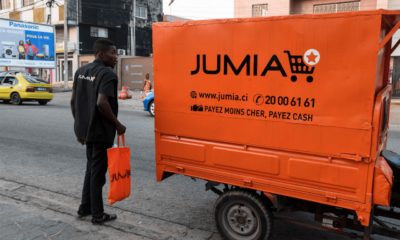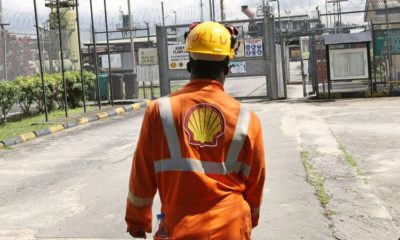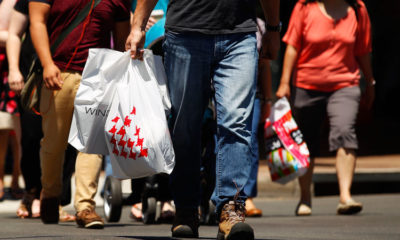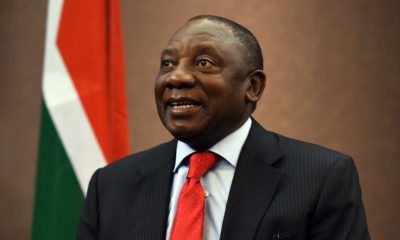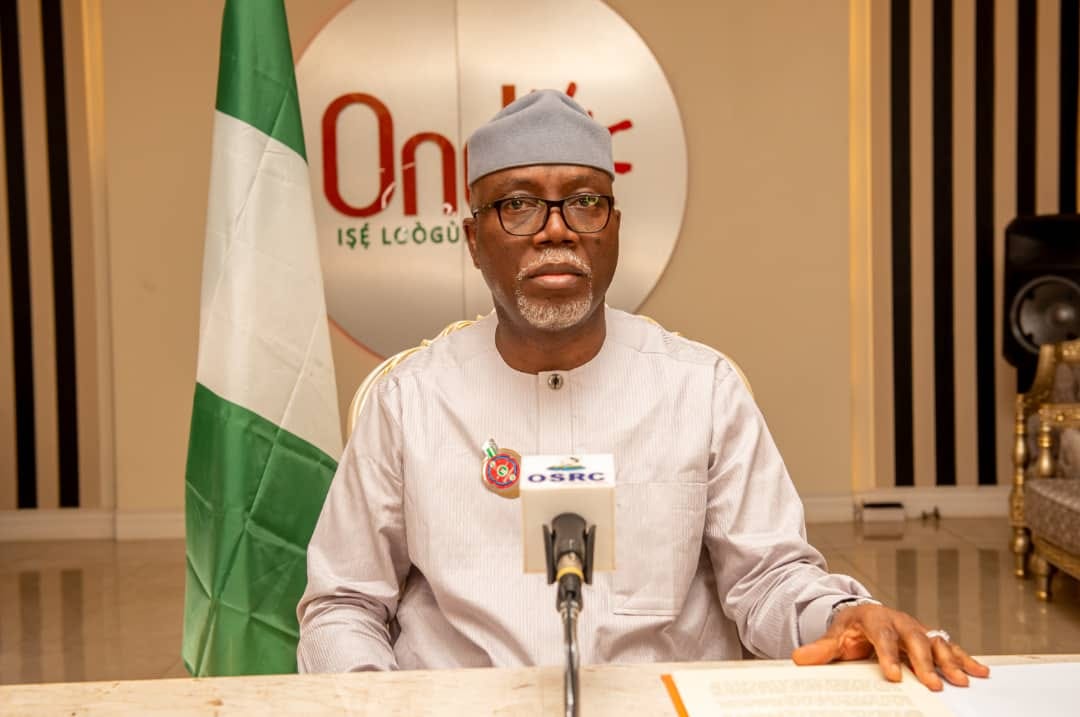Government
Mysterious Blast Rocks Johannesburg’s CBD, Leaving Traces of Devastation and Questions Unanswered
Johannesburg in Shock as Investigation into CBD Explosion Yields No Definitive Answers
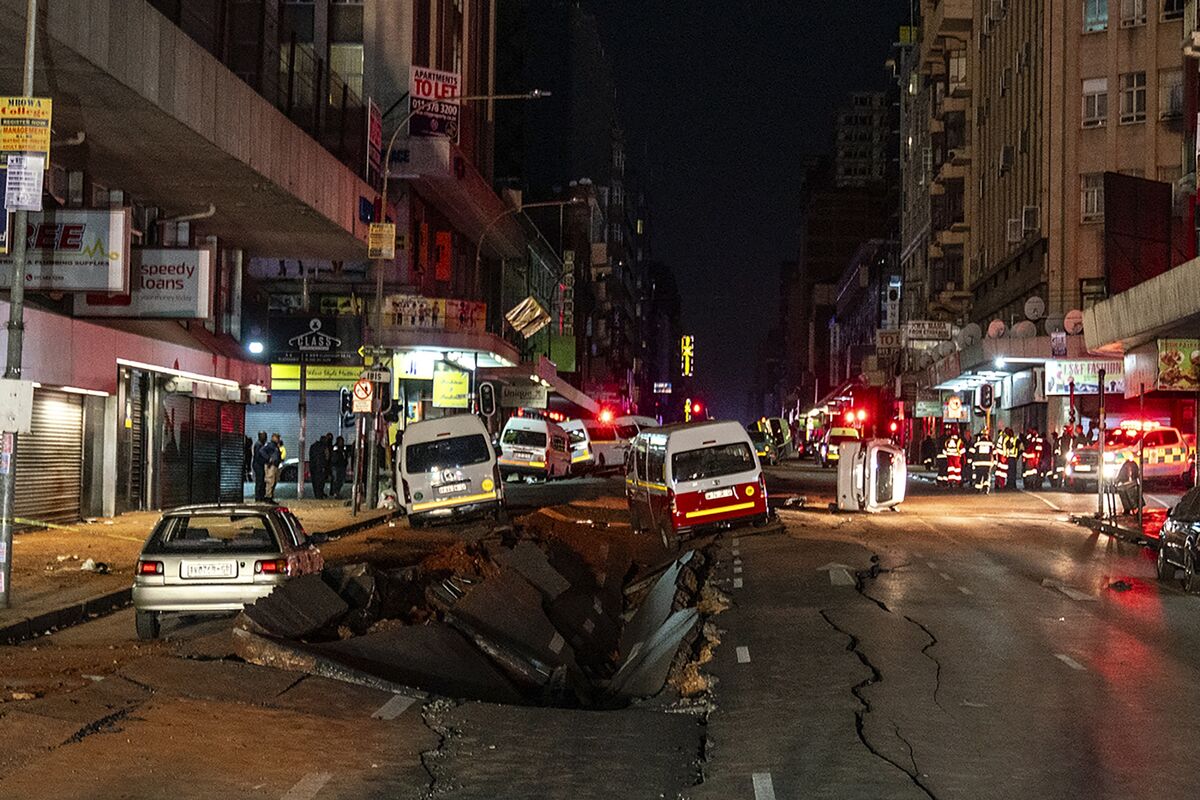
Government
Tinubu Wants Senate to Confirm Seven Ministerial Nominees
Government
23 Days to Ondo Governorship Election, PDP, APC Intensify Campaigns, Boast of Victory
Government
Rivers Indigenes Seek Tinubu’s Mediation in Wike, Fubara Face-off, Say Crisis Hampering Development
-

 News3 weeks ago
News3 weeks agoBbnaija’s Wanni Wins Innoson Car Challenge, Secures First Vehicle with Twin Sister
-

 Business3 weeks ago
Business3 weeks agoNigerian Businesses Slash Dollar Exposure as Naira Depreciation Deepens
-

 Technology3 weeks ago
Technology3 weeks agoOpenAI’s Valuation Soars to $157 Billion After $6.6 Billion Funding Round
-

 Investment3 weeks ago
Investment3 weeks agoFG Secures $200m Afreximbank Investment For Creative Industry
-

 Banking Sector3 weeks ago
Banking Sector3 weeks agoUnity Bank, Anwbn Empower Women Entrepreneurs With Ai, Digital Marketing Skills
-

 Banking Sector3 weeks ago
Banking Sector3 weeks agoNigerian Banks Face Soaring Wage Bills Amid Rising Inflation
-

 Appointments3 weeks ago
Appointments3 weeks agoStanbic IBTC Appoints Dr. Kunle Adedeji as Acting CEO Ahead of Leadership Transition
-

 Investment3 weeks ago
Investment3 weeks agoNigeria Targets $10 Billion in Deep-Water Gas Investments with New Tax Incentives


